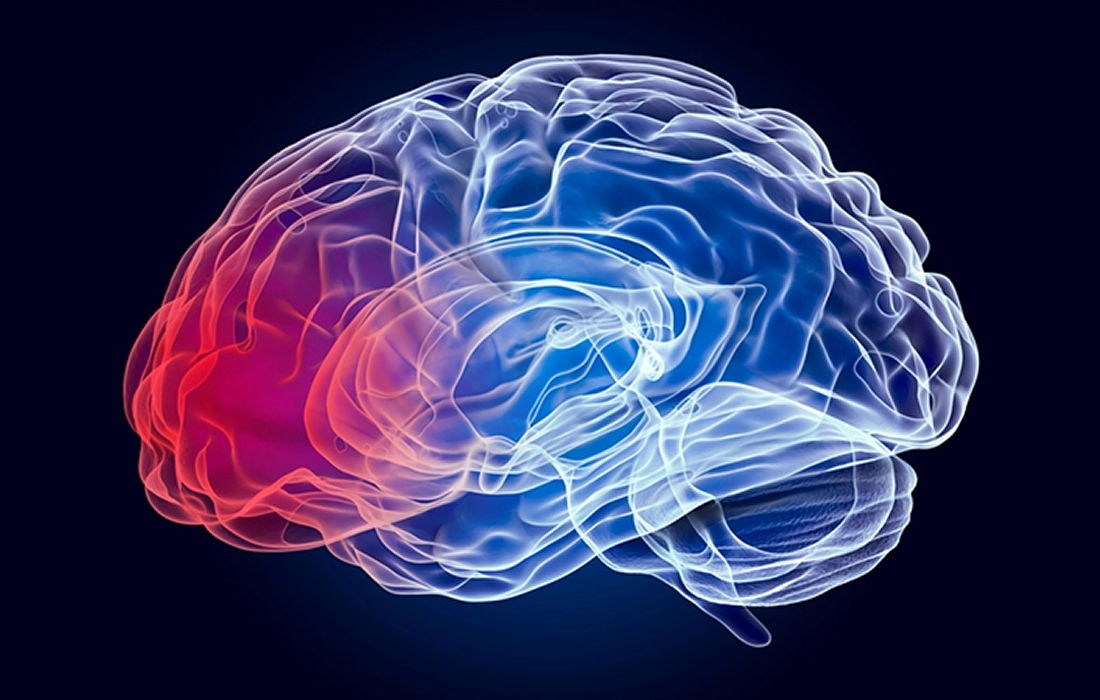Regenerative Medicine News and General Information
The Effect of Physical Activity and Exercise in Patients with Parkinson’s Disease
Parkinson’s disease (PD) is a brain disorder that leads to shaking, stiffness, and difficulty with walking, balance, and coordination.
Parkinson’s symptoms usually begin gradually and get worse over time. As the disease progresses, people may have difficulty walking and talking. They may also have mental and behavioral changes, sleep problems, depression, memory difficulties, and fatigue.
Both men and women can have Parkinson’s disease. However, the disease affects about 50 percent more men than women.
One clear risk factor for Parkinson’s is age. Although most people with Parkinson’s first develop the disease at about age 60, about 5 to 10 percent of people with Parkinson’s have “early-onset” disease, which begins before the age of 50. Early-onset forms of Parkinson’s are often, but not always, inherited, and some forms have been linked to specific gene mutations.
New Study Results
A recently published study in the journal Neurology suggests that people with early-stage Parkinson’s disease who regularly got one to two hours of moderate exercise twice a week, like walking or gardening, may have less trouble balancing, walking, and doing daily activities later in life.
The study included 237 patients with early PD, with an average age of 63 years, and were followed for up to 6 years.
The exercise levels at the start of the study were determined using a questionnaire that measures time and intensity during the previous week of leisure activity, like walking and biking, household activity, like gardening, and occupational activity, like taking care of others. Cognitive tests were also used to measure participants’ verbal and memory skills.
Researchers found that people’s physical activity level at the start of the study was not associated with the progression of their Parkinson’s later on. Instead, they found it was more important to maintain physical activity over time.
Source:
Kazuto Tsukita, Haruhi Sakamaki-Tsukita, Ryosuke Takahashi. Long-term Effect of Regular Physical Activity and Exercise Habits in Patients With Early Parkinson Disease. Neurology. Jan 2022, 10.1212/WNL.0000000000013218; DOI: 10.1212/WNL.0000000000013218
https://www.nia.nih.gov/health/parkinsons-disease
American Academy of Neurology. (2022, Jan 12). STUDY: GET MOVING TO PUL THE BRAKES ON EARLY PARKINSON’S. American Academy of Neurology. Retrieved from:
https://www.aan.com/PressRoom/Home/PressRelease/4946
Image from:

